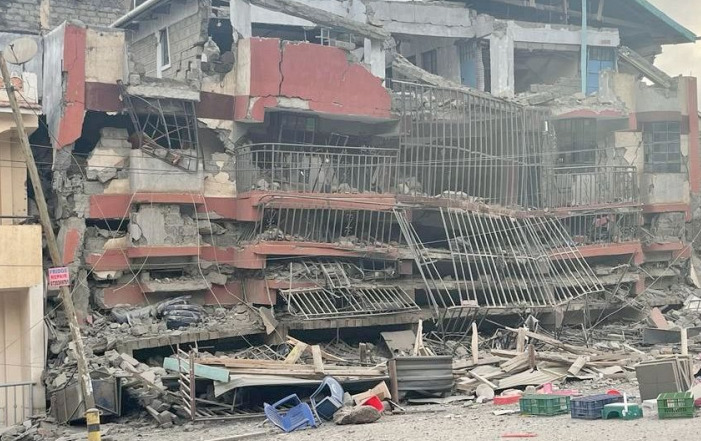The tragedy of collapsed buildings: Where we are getting it wrong and the antidote

In the past two weeks, at least four apartments have collapsed in the counties of Kiambu and Nairobi, claiming lives and damaging property worth millions of shillings.
The World Bank estimates that Kenya has a housing shortage of at least two million homes, which rises by about 200,000 units annually. Property developers appear to take advantage of the country’s housing scarcity by hurriedly and carelessly constructing buildings for occupancy in the hopes of seeing a significant return on their investment.
The last week has seen about three buildings collapse within Nairobi. In 2018, the National Building Inspectorate (NBI) conducted an assessment that covered 14,895 buildings and 723 were categorized as dangerous, 10,791 of them as unsafe, 1,217 of them as fair, and only 2,194 of them as safe. Around April of this year, the NBI was ordered by the government to demolish thousands of structures around the country that were deemed unfit for habitation. The anticipated demolition has not yet taken place.
Architects have claimed that unethical business practices have damaged the construction sector and are lowering building quality. In as much as Kenya is seeing a boom in the construction industry, corruption has enabled developers to take shortcuts and ignore the law. Most developers skip the approval procedure for construction projects since it is quite a lengthy process.
Although some of these developers have been detained and charged in the past, this may not streamline the construction industry unless the industry players are keen to observe all the requirements, for example the permits and excises discipline in the industry.
Although there is a plan to provide a single location for construction approvals in Kenya, devolution and fragmented legal systems are making it very challenging to do so. Different counties insist on regulating construction projects in accordance with their regional development plans. On the other hand, there are currently numerous legal organisations that control various technical aspects of construction. The four mandatory construction approvals are;
- Approval of an architectural proposal
- Approval of the structural plan
iii. EIA license or NEMA certification
- Project registration with NCA
With Kenyan construction clearances varying depending on the project, the style, scope, cost, and location of the building development, different procedures, laws, and fees apply. There is a need for a streamlined comprehensive law outlining both the government’s obligations to control construction and the standards for local enforcement.
Comprehensive and efficient building regulatory frameworks will make it easier to develop safe and durable buildings. A building must meet minimal standards of performance and resilience, and this is ensured by the elements of a building regulatory framework, such as building and land use rules, enabling legislation, and local compliance procedures.

